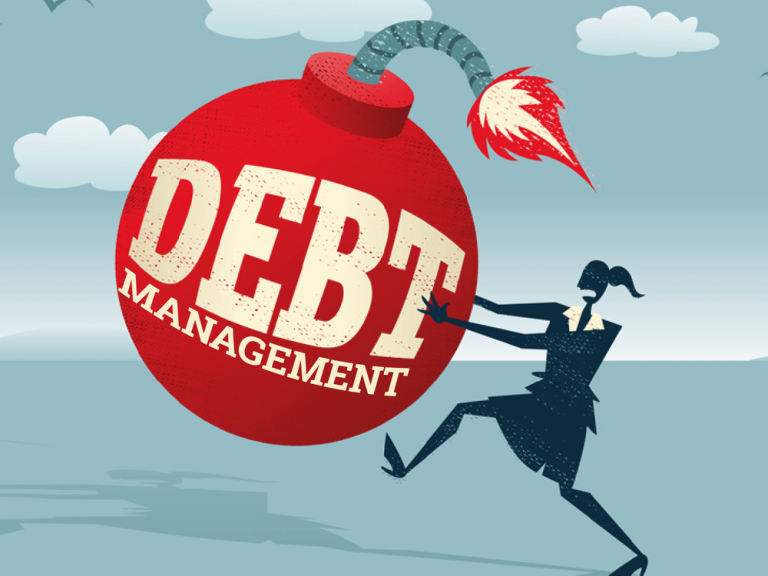Improving your credit score is a journey that many of us embark on at some point in our lives. Whether you’re planning to buy a home, get a new car, or simply want to secure better interest rates for your loans, having a healthy credit score is absolutely essential. It’s not just a number; it reflects your financial responsibility and can significantly impact your life. Today, we’ll delve into how to improve your credit score with practical tips and actionable strategies.
Understanding Your Credit Score
Your credit score is a reflection of your credit history. It ranges from 300 to 850, and the higher your score, the better. Each credit report is influenced by various factors, including your payment history, credit utilization ratio, length of credit history, types of credit used, and new credit inquiries. Understanding these components is crucial in how to improve your credit score.
Key Factors That Affect Your Credit Score
Let’s break down the primary factors that influence your credit score:
- Payment History (35%): This is the most significant factor. Consistent, on-time payments showcase your reliability.
- Credit Utilization (30%): This indicates how much of your available credit you’re using. Keeping your utilization below 30% is generally recommended.
- Length of Credit History (15%): A longer credit history helps your score, showing lenders you’ve successfully managed credit over time.
- Types of Credit in Use (10%): A diverse mix of credit accounts (like mortgages, credit cards, and installment loans) can be beneficial.
- New Credit (10%): Opening several accounts in a short period can be seen as risky behavior by lenders.
7 Effective Ways on How to Improve Your Credit Score
Now that we understand the fundamentals, let’s dive into some effective strategies to boost your credit score.
1. Monitor Your Credit Report Regularly
One of the best first steps in how to improve your credit score is to keep an eye on your credit report. You are entitled to one free report per year from each of the three major credit bureaus—Equifax, Experian, and TransUnion. Review these reports for any errors or discrepancies that could negatively impact your score and dispute any inaccuracies you find.
2. Pay Your Bills on Time
Your payment history has a massive impact on your credit score. Make it a habit to pay your bills on time. Set up reminders, or better yet, enroll in autopay if possible. Even a single missed payment can hurt your score significantly, so consistency is key in how to improve your credit score.
3. Keep Your Credit Utilization Low
Another step towards bettering your credit score is managing your credit utilization ratio, which is calculated by dividing your total credit card balances by your total credit limits. Aim to keep this ratio below 30%. If your balances are higher, consider paying them down or spreading your charges across multiple cards.
Visual Guide on Improving Credit Scores
Here’s a visual guide that encapsulates the essence of improving your credit score. Sometimes seeing these strategies laid out can make the process feel more manageable.
4. Avoid Opening New Credit Accounts Too Quickly
While it might seem tempting to take advantage of promotional offers, keep in mind that each time you apply for a new credit account, a hard inquiry is made on your report. Multiple inquiries in a short time can negatively affect your score. Space out your applications really matters if you want to enhance your credit score.
5. Consider Becoming an Authorized User
If you have a trusted friend or family member with a solid credit history, you might want to ask if they can add you as an authorized user on one of their credit cards. This can help you benefit from their positive payment history. However, make sure they consistently pay their bill on time, as their habits will reflect on your credit report too.
6. Diversify Your Credit Mix
Having a mix of different types of credit accounts can also boost your score. While credit cards are easily accessible, including different types of credit—like loans or lines of credit—can demonstrate your ability to manage various financial responsibilities. Understanding how to improve your credit score can also mean evaluating the types of credit you currently have.
7. Be Patient and Consistent
Improving your credit score is not an overnight endeavor. It requires patience and consistent effort. As you implement these strategies, remember that positive changes might take time to reflect on your credit report. Consistency is paramount when learning how to improve your credit score.
In Conclusion
Taking control of your credit score is empowering. By following the tips outlined above, maintaining good financial habits, and being proactive about monitoring your credit reports, you can significantly improve your score. Remember, it’s not just about achieving a number; it’s about building a solid financial future for yourself. Stay committed, and take it one step at a time. You have the tools you need to succeed in how to improve your credit score and secure your financial wellness.



